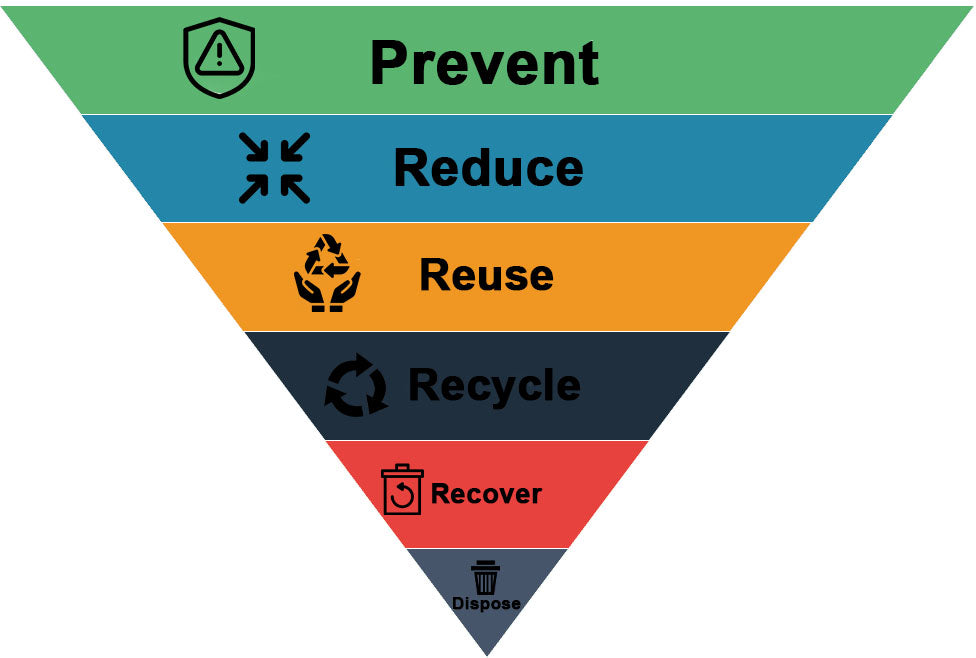
Sustainable Solutions: Managing Food Waste for a Greener Future
Share
Food waste is a pressing global issue with significant environmental, economic, and social implications. According to the United Nations, approximately one-third of all food produced for human consumption goes to waste yearly. This article explore the importance of adequate food waste management and provide practical tips and strategies for individuals, households, and businesses to reduce their food waste footprint and contribute to a more sustainable future.
Understanding the Impact of Food Waste:
- Environmental Consequences: Food waste is a major contributor to greenhouse gas emissions. When food decomposes in landfills, it generates methane, a potent greenhouse gas that accelerates climate change. Additionally, the resources used to produce the wasted food, such as water, energy, and land, are also squandered.
- Economic Losses: Food waste represents a significant economic loss for both consumers and businesses. When we throw away food, we're essentially discarding the resources and money invested in its production, transportation, and storage.
- Social and Ethical Concerns: In a world where millions go hungry, food waste raises ethical questions about resource allocation and distribution. Responsible food management is crucial to address food insecurity and promote social equity.
Practical Tips for Effective Food Waste Management:
-
For Individuals and Households:
- Meal Planning: Plan your meals in advance and create shopping lists to buy only what you need. Avoid impulse purchases and overbuying perishable items. Read also Food Waste Recycling
- Proper Storage: Store food items correctly to extend their shelf life. Utilize airtight containers and keep foods like fruits and vegetables in the designated crisper drawers.
- Understand Date Labels: Don't discard food just because it's past the "sell by" or "best before" date. These labels are often about quality, not safety.
- Portion Control: Serve appropriate portions to minimize leftovers. Leftovers can be creatively repurposed, but excessive portions often lead to waste.
- Composting: Establish a composting system for food scraps and yard waste. Composting not only reduces waste but also enriches soil for gardening.
- Donate Surplus Food: If you have excess food that won't be consumed, consider donating it to local food banks, shelters, or community organizations. Also Read Food Waste Disposal
- Smart Cooking: Plan meals that utilize leftover ingredients and get creative with recipes to use up items nearing their expiration.
-
For Businesses:
- Data Tracking: Utilize data to monitor food waste and identify areas for improvement. Tracking helps businesses understand patterns and make informed decisions. Read also Food waste Miami
- Reduce Portion Sizes: Serve appropriate portion sizes to customers, offer smaller options, and encourage sharing plates to minimize leftovers.
- Food Donation Programs: Establish partnerships with local organizations to redistribute surplus food to those in need. Many non-profits welcome donations from businesses.
- Sustainable Practices: Implement sustainable practices such as sourcing locally, reducing packaging waste, commercial composting, and composting kitchen scraps.
Effective food waste management is a collective responsibility that can yield significant benefits for the environment, economy, and society. By making conscious choices and adopting sustainable practices, individuals, households, and businesses can reduce food waste, minimize their ecological footprint, and contribute to a more equitable and sustainable future for all. Together, we can turn the tide on food waste and create a greener and more responsible food system.
